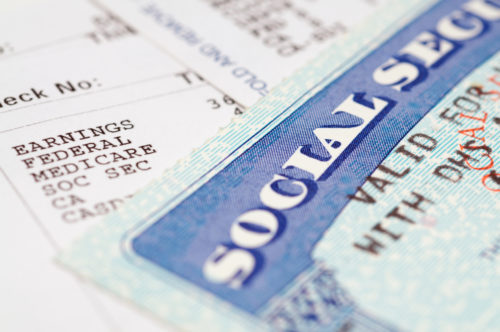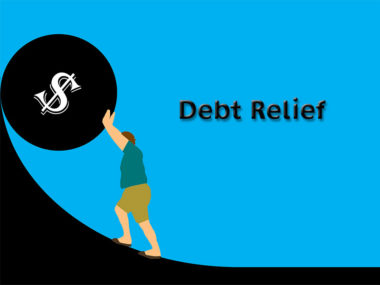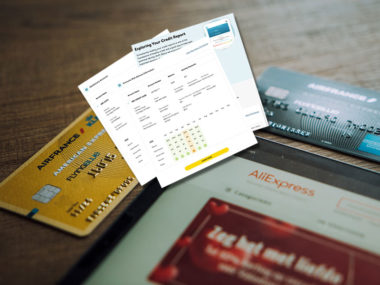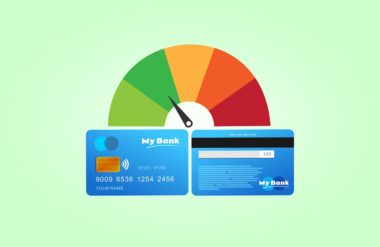Social Security checks are fairly sacrosanct. You put in your money over your entire working lifetime, and then you reap the rewards in retirement. The problem, however, comes when you have debts. Your Social Security checks cannot be garnished for private debts, but the government can withhold benefits payments if it finds you have a few different types of debts.
Table of Contents
Social Security Garnishment Rules
First, to put your mind at ease, Supplemental Security Income (SSI) cannot be garnished under any circumstance. That income is totally protected. The only exception is if the government finds that you are not, in fact, entitled to SSI.
With that said, you can still pay other debts with the money you get from Social Security. It is important to note that this money is not garnished; you are willingly paying a debt.
However, other types of Social Security income, such as disability, can be garnished to satisfy debts. Only SSI is fully protected.
When Your Social Security Can Be Garnished:
Your Social Security payment can be garnished in order to pay off federal debts. These include:
- Federal taxes
- Federal student loans
- Federal home loans or mortgages
- Child support
- Alimony
- Non-tax debt to other federal agencies
- Civil penalties where you are sued over a private debt and judgement is made against you
How Much of Your Social Security Can Be Garnished
There are limits to how much the government can garnish your Social Security check. They can only levy money after the first $750 of your check, meaning you will get at least that much in your account. However, after that initial $750, they can take up to 15 percent of your check. This can be used to pay alimony or child support, for example.
However, if your debt is taxes owed to the IRS, the rules are different. The IRS can claim up to 15 percent of your paycheck, period. It does not matter if you are left with less than $750 from the original check.
Another important point is federal student loan debt. Lockhart v. U.S, a 2005 Supreme Court case, made it so there is no statute of limitations on collecting student federal loan debt. It is, however, otherwise limited by the same rules as non-IRS debts.
One last distinction is child support and alimony. If the payments are late, they are transferred to the Court Ordered Garnishment System. While states have different laws, the maximum garnishment is either per the state law, or the Consumer Credit Protection Act (CCPA), whichever is less.
Under the CCPA, you can be garnished up to half of your benefits if you currently support a child or spouse in addition to the one you are ordered to support via court order; 60 percent if you are not supporting another child or spouse; and up to 65 percent if the payments are more than 12 weeks delinquent.
Debts Not Entitled to Social Security Garnishment
Any debts not associated with the government cannot garnish your Social Security check. Essentially, this means any private debts. These include, but are not limited to:
- Credit card debt
- Private student loan debt
- Auto loans
- Mortgages
- Payday loans
Avoiding Social Security Garnishment
The IRS must notify you 30 days before they begin garnishing the checks, in order to give you time to pay what you owe first. If you can pay the entire amount up front, you will avoid garnishment.
You may be able to negotiate a payment plan outside of garnishment, as well, and the IRS tends to be fairly receptive to negotiations. They also have an option known as Offer in Compromise (OIC), where you settle for less than the total amount owed. There is, however, an application fee for an OIC, unless you are below an income threshold.
The best way to avoid garnishment is to recognize you are having trouble paying back debts, and call ahead to work out a payment plan. Do not let the situation get so bad that garnishment is the only option.
Image Source: https://depositphotos.com/





